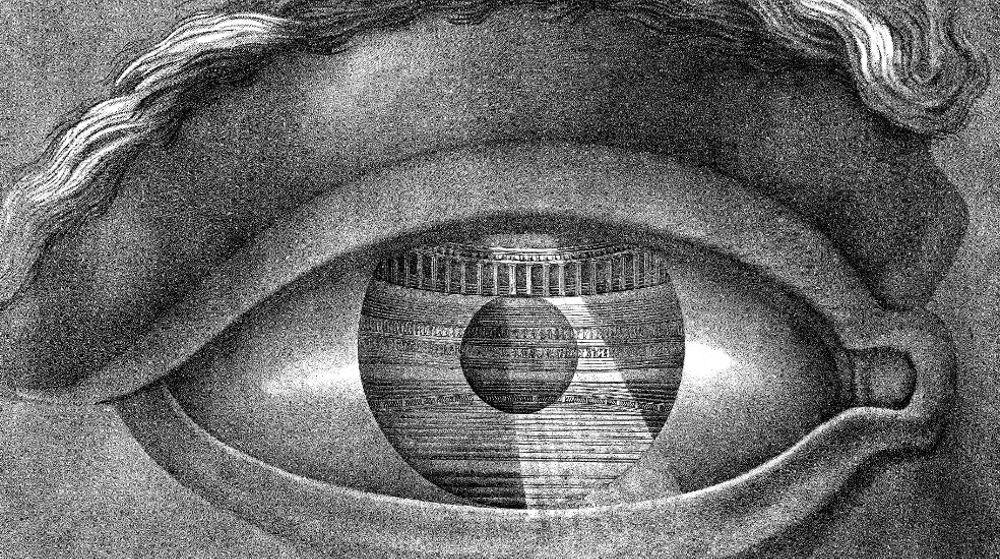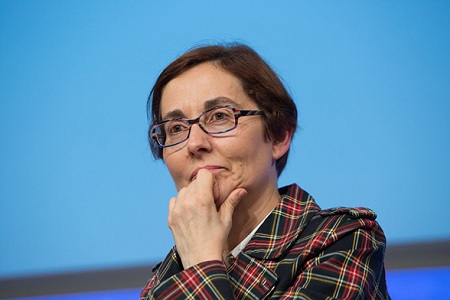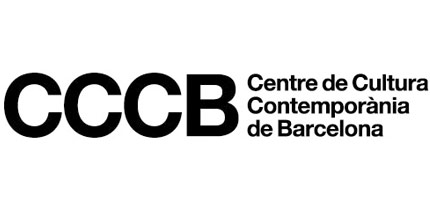1,000 m2 of desire
Politics of Desire
In the frame of the "1,000 m2 of desire" exhibition, this lecture cycle draws attention to the new visibility of sexuality as a vector of empowerment, and offers keys to understanding that what we might desire, and how we might desire it, now constitute an essential space for reflection and criticism.
Sexuality has erupted as a space of political demands. Nowadays, it is understood that desire cannot be reduced to a natural urge but, rather, that it is a social and cultural construction. This idea leads the way along paths of subversion and emancipation, advancing hand-in-hand with activism, thought and art. Thinking about the politics of desire, then, means pondering what we are permitted to desire, and our capacity for putting up resistance and offering alternatives that will help us to constitute ourselves as free subjects.
How is desire constructed in today’s society? What is the scope of present struggles aiming to break the identification of heterosexuality with normality? Can love and sex be seen as a basic right that must be guaranteed by the community? How is desire evolving online where relations are frequently conducted in a disembodied manner?
This activity is part of 1,000 m2 of desire
Related contents
Marta Segarra: “We want to possess the other and end up dispossessing ourselves”
Anna Punsoda
To what extent is desire—which, at first sight, seems to be a phenomenon of the impulses connecting humans with animality—culturally conditioned? How do clichés about femininity affect a woman’s attitude to life and the decisions she makes? How much room have women had to discover their desire in a cultural and sexual history written by men? We speak with Marta Segarra, Professor of French Literature and Gender Studies at the University of Barcelona and director of the Women and Literature Centre.




